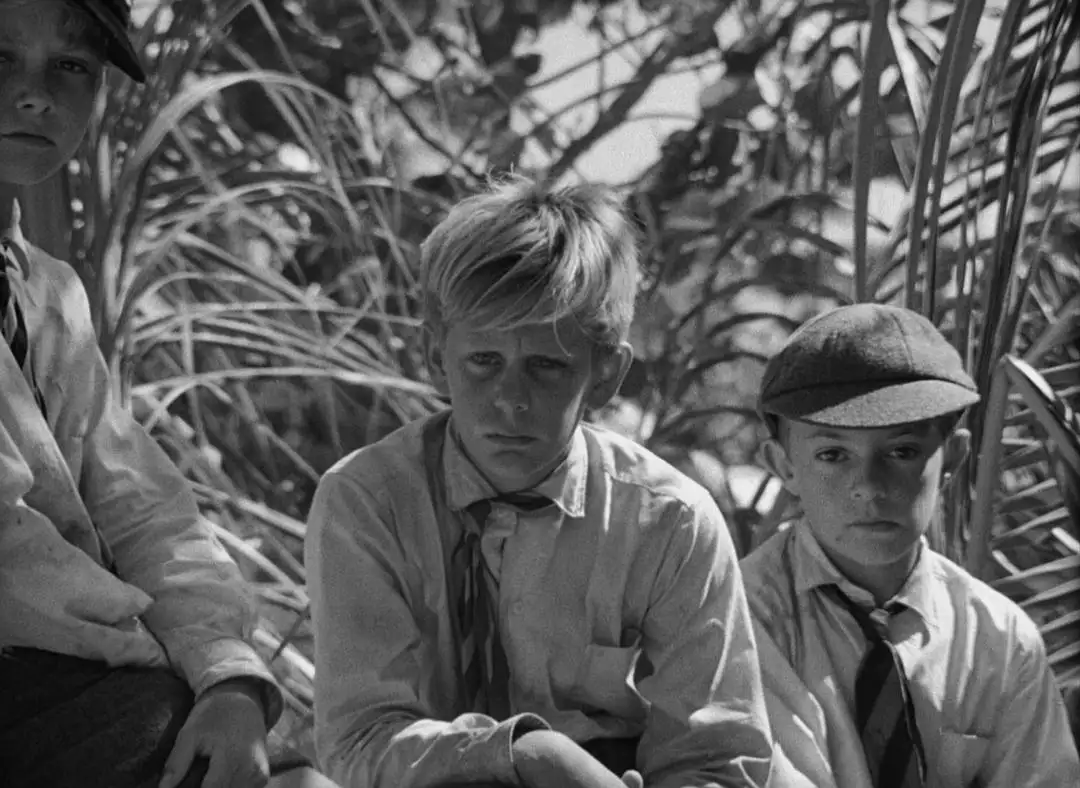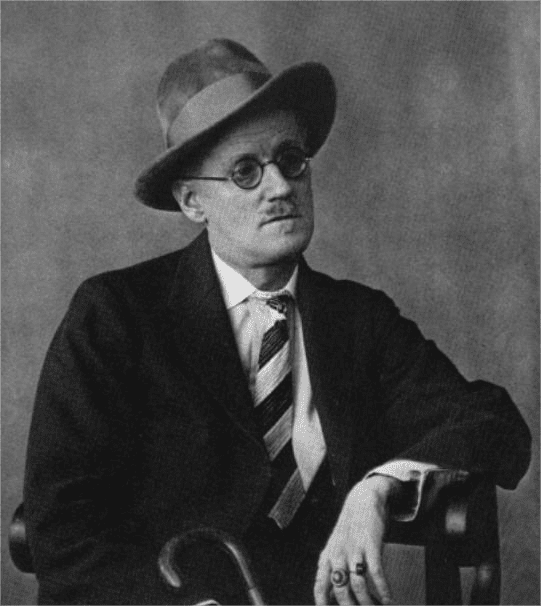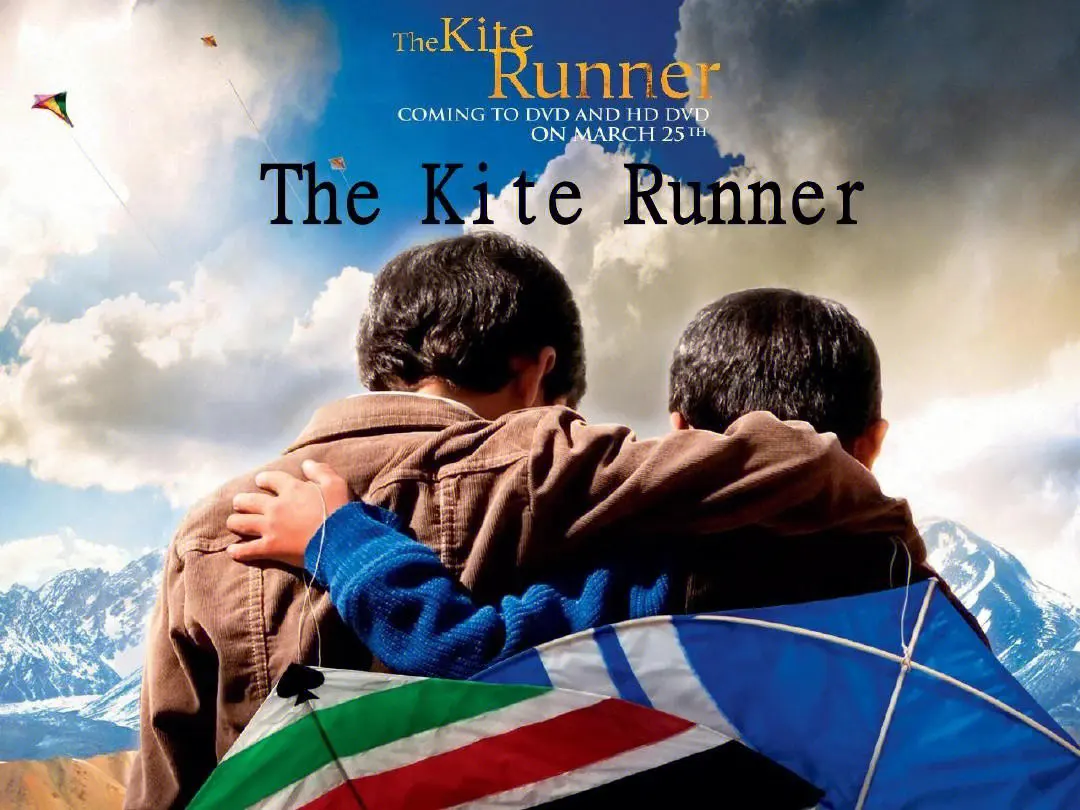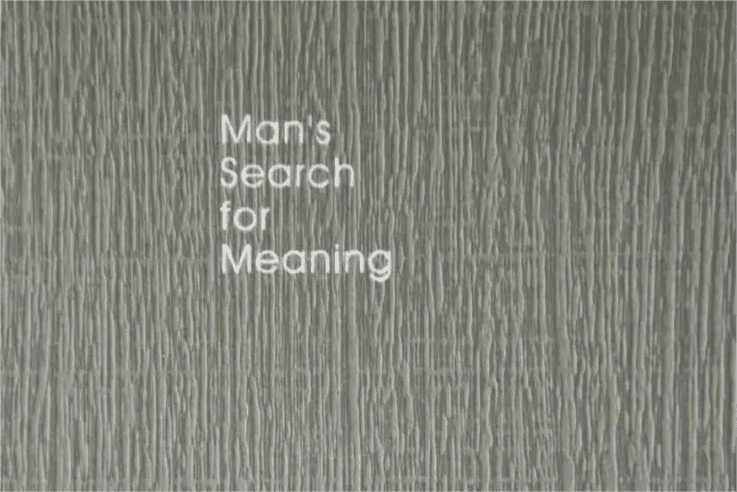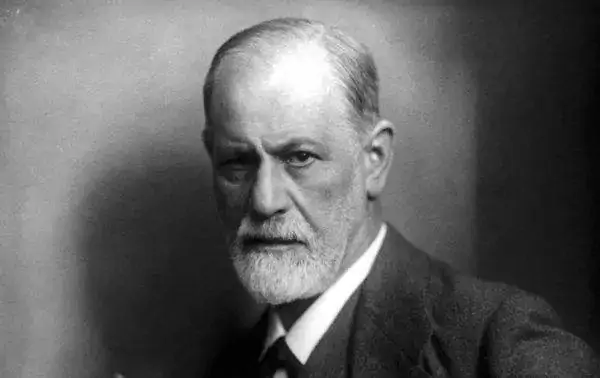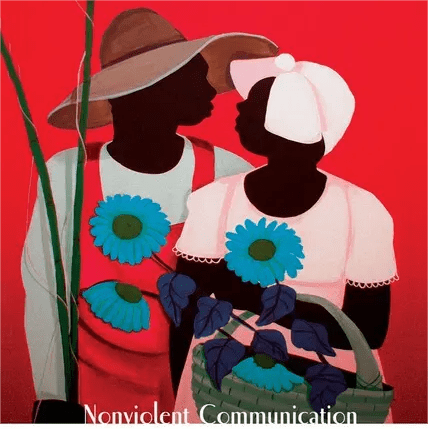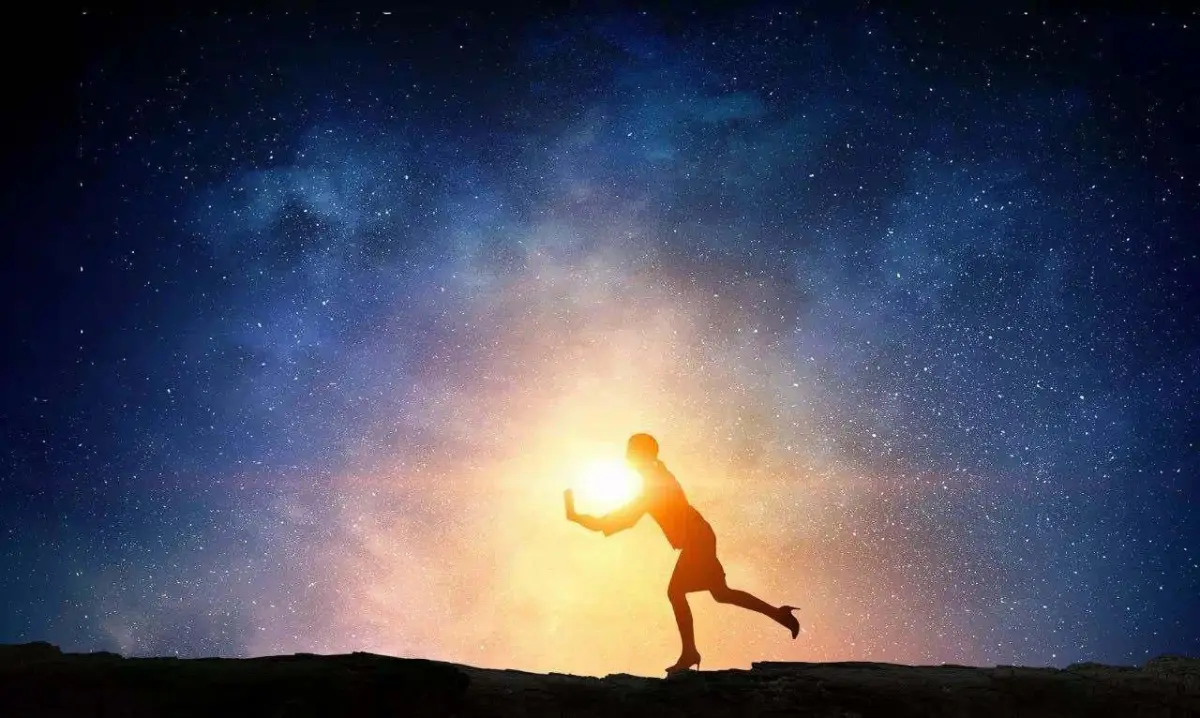Today I want to share with you the book Lord of the Flies. Although the “evil” of human nature is exposed here and the “good” is defeated in the end, behind the text, the author’s true desire is to summon the return of the “good” in human nature through this cruel story.
Lord of the Flies is the debut novel of British author and Nobel Prize winner William Golding. It is a philosophical allegorical novel. Unlike many other great works about human nature and social reality, the main characters in this novel are a group of children between the ages of six and twelve. The struggle between “human nature” and “animal nature” is unfolding between these innocent children, and the process of reading is pitiful. Let’s take a look at the story.
Let’s start with a brief synopsis of the story. The story takes place in the future of the Third World War, a nuclear war, the plot is not complicated. A group of children between the ages of six and twelve were left behind on a desert island in a plane crash during the evacuation.
The island has plenty of fresh water and beautiful scenery, just like paradise. These children at first spontaneously set up institutions to help each other and live in harmony with each other. They had agreed to build a fire on the mountain and assign someone to watch over it to keep it going, so that passing ships would notice their presence and they could be rescued.
At first, everyone is full of hope to return home, under the conch call, get together to discuss some things. And whoever picks up the conch has a say. As the days passed, however, there was a disturbance among the children, who began to doubt the possibility of rescue, and were driven by a brute force to abandon the fire and join the hunting party. Here they would eat roast meat, and when they came back from the hunting, they would make a fire, which was different from the previous fire, but it was just a barbecue, and when they had had enough to eat and drink, they would take off their clothes and dance around the fire excitedly.
The thrill, the freedom to eat meat at the same time, made them despise the monotony of waiting and reject the tiresome rules. So the children on the island soon split into two sides, and at the same time fighting broke out. First, over who was the leader, then over the glasses that would focus the light on the fire. As more and more children became wild, the original rules were broken, and they learned not only to stab the boars in the belly with knives and sharpened sticks, but also to kill those who opposed them by any means.
In the end, the fire as a distress signal goes out, but in the hunt for Ralph, the only one who won’t give in to them, the fire attracts the people who come to get them out of here.
When the conch blows again and again, and the children gather together to discuss lighting a fire as a distress signal, building a house in case of wind and rain, choosing a specific place to urinate, and so on, it illustrates the shadow of the civilized world that can continue in this “small society”. These things are advocated by the side of the story that represents the “kind humanity”. Whoever picks up the conch has the right to speak, and here the conch is a symbol of democracy and civilization.
At first, when the children found that there were no adults around them, their first thought on this deserted island was to get away and be saved, so they decided to make a fire and send someone to look after it. The fire is a symbol of their hope, of the civilized world, of freedom.
Undeniably, this is a group of naive and timid children, they are unrestrained and free during the day, have the ability, have the courage to kill the large animal wild boar meat, and at night is scared to death by the unreal “beast”. They did not know what this terrible beast was, but day after day their fear doubled.
Only Simon saw it: it was not the dangerous thing that would eat them, as everyone thought, but the body of a pilot who had died in a plane crash not long before. And when they got together and beat Simon to death as a beast, so that they would never know what the beast was, the real beast became the undying ferocity and savagery of their own minds, the “evil” of their own humanity.
In English, “Lord of the Flies” is the king of feces and filth, a synonym for “ugly.” The author named it to show that, in the desolate island, these ignorant children, without the guidance and care of adults, seek the “evil” side of human nature stubbornly to the end, and finally interpret the sadness of “animal nature over human nature”.
In the forest, the wild boar’s head, which Jack had stuck on a stick, was crawling with flies. The pig seemed to understand everything and smiled without saying a word. The children killed it, and it showed the “evil” side of human nature in a calm and easy way, like the Lord of the Flies. It is man himself who has turned paradise into a slaughterhouse.
“Evil” and greed in human nature, in our side are often covered by the high-sounding things cleverly. And in this story, it is vividly demonstrated by the hunting children.
They give up the freedom of civilized society to embrace a different kind of “freedom”. They went from being afraid to face the “gushing” blood at first, to hunting wildly, killing the boar, draining its blood, and roasting its flesh. In this process, they get pleasure and satisfaction from the experience of being evil. They are eager to throw away the unpleasant constraints, return to the wild, do not bathe, do not wear clothes, paint the body colorful, make a false mask for themselves, in the campfire unbridled dancing, carnival, screaming, so as to naturally get rid of the previous sense of pride and shame, in greed and lust quickly reduced to “barbarians”.
What is the moral of such a heart-pounding and terrifying story that the author places on children? The child is innocent, has been under the shelter of adults, healthy growth. In the whole process, they are very difficult to “evil” company. And these lost children on the island, but let us see in the lack of discipline and constraints, away from morality and civilization in the environment, a lack of ability, the lack of principles of people is how step by step to betrayal and destruction. This kind of depravity and escape is the spit on civilization and science, is the characterization of the return of the wild in human nature, is a kind of selfish pedantic, ignoble sorrow.
But in all this denunciation of the triumph of “wild” over “human nature”, the author’s most immediate aim is to provoke people to think and evoke the return of “good” in human nature.


